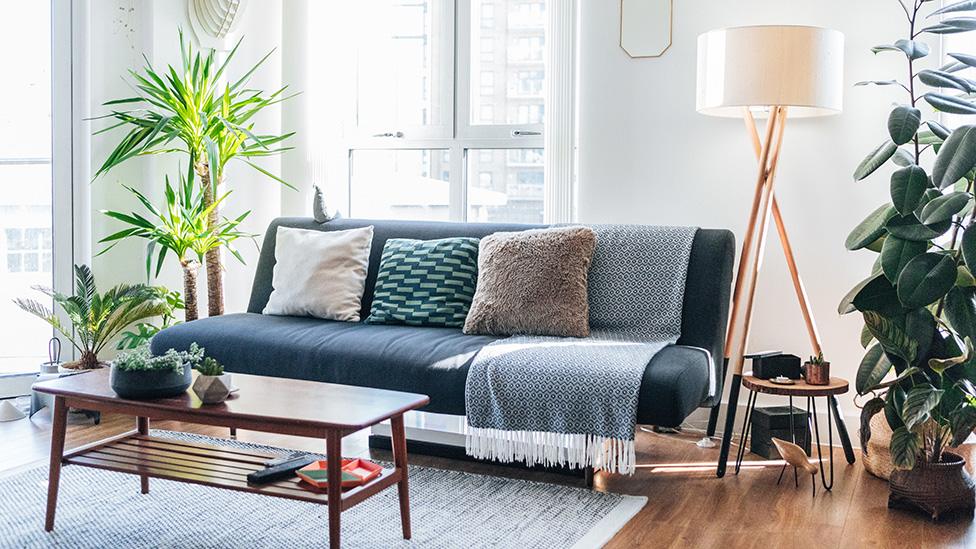Short-term lets licensing scheme comes into effect in Scotland
- Published
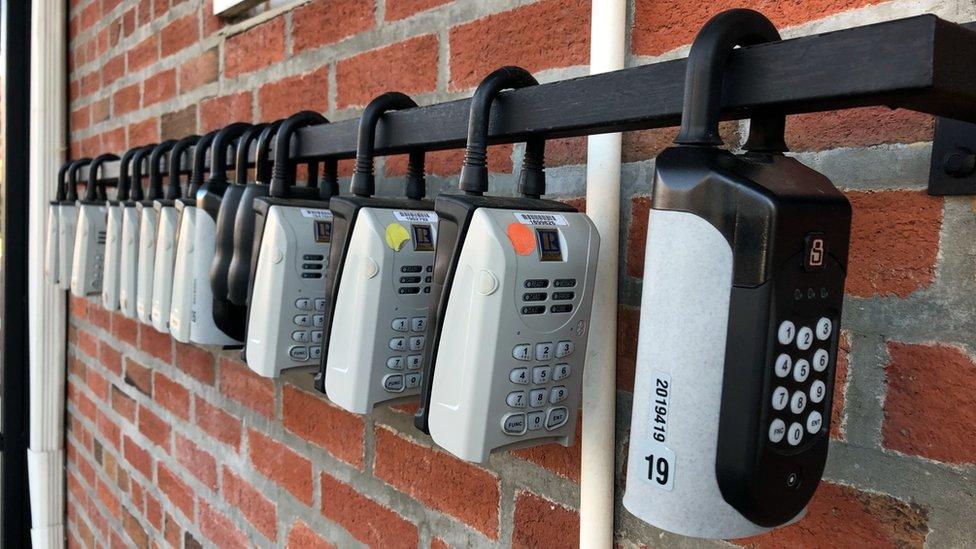
A new licensing scheme for Airbnb-style short-term lets has come into effect across Scotland.
Fines of up to £2,500 can be imposed on hosts who rent out their property without a licence.
The Scottish government said the scheme was developed in response to residents' concerns about the impact of short-term let properties on their communities.
But the move has proven controversial within the tourism industry.
What types of properties need a licence?
The term short-term let refers to properties rented out for a short period, such as for a holiday or business trip.
It applies to both the rental of entire properties or rooms in the host's home, and includes self-catering accommodation, B&Bs and guest houses.
There is an extensive list on the VisitScotland , externalwebsite, which includes chalets, stationary homes and boathouses.
Renting out a spare room could also be considered a short-term let, depending on the duration of stay offered to people using the room.
How do you meet the requirements?
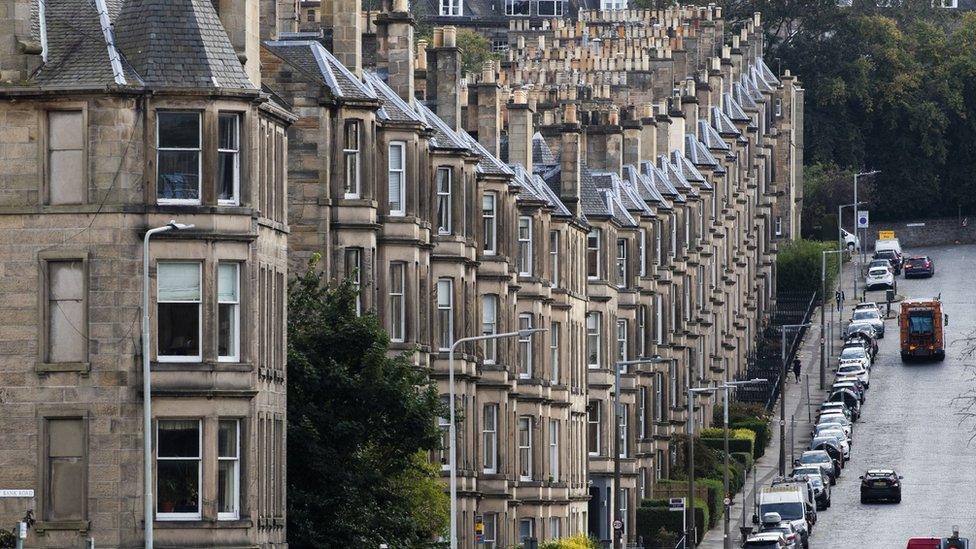
The scheme allows local councils to set the requirements of their own schemes, but there will also be Scotland-wide criteria.
These include measures such as displaying an energy performance rating on listings, or securing valid buildings and public liability insurance.
Housing Secretary Shona Robison said: "The scheme is being introduced to make sure there is a basic set of safety standards across the whole of Scotland and the people letting short-term lets are fit and proper persons.
"This will ensure that there is consistency across short-term lets."
Local authorities will also be able to impose measures to tackle issues like anti-social behaviour, littering and noise.
The Scottish government says this will enable councils to address particular problems in their area.
How do you apply for a licence?
All applications will be made through the local authority in the area where the let is being offered.
Each council will make applications available on their websites.
Those who already offer short-term lets must apply for a licence by 1 April 2023, and can continue to operate while they are waiting for a decision.
However, new hosts must now have a licence in place before offering the service and taking bookings.
Licence fees will vary depending on the local authority, size of property and type of let.
Why are the licences being introduced?
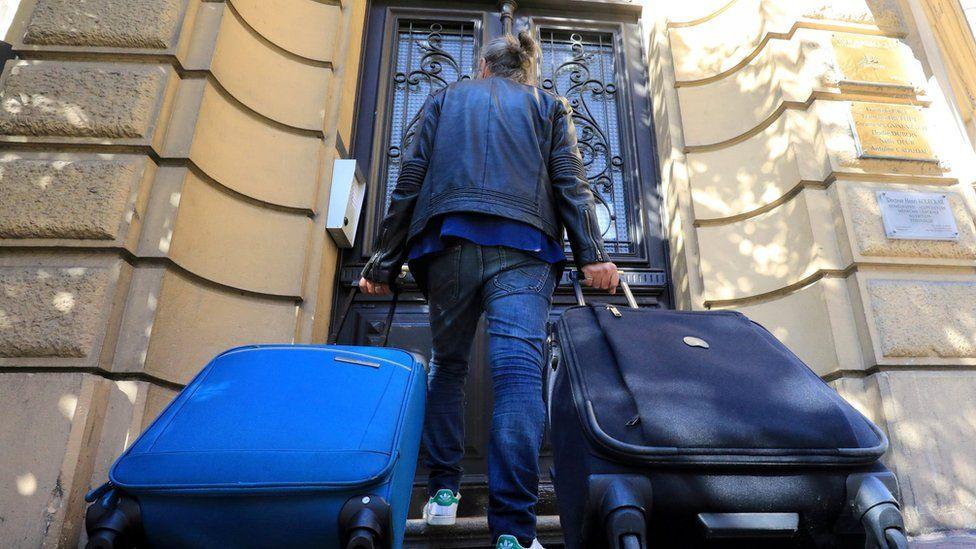
The proposals were initially drawn up following concerns over the impact of Airbnb-style short-term lets in popular tourist destinations like Edinburgh.
The Scottish government says the measures are designed to ensure the safety of all residents within a shared building, and ensure standards are maintained across the hospitality and tourism industry.
Ms Robison said the scheme was not onerous, and described it as "a proportionate response to a problem, not only in Edinburgh but across several communities in Scotland".
However, several tourism bodies have criticised the scheme. When the regulations were approved by MSPs earlier this year, Scottish Land and Estates said it was "extremely disappointed" and warned about the dangers of "a one-size-fits-all approach".
The Association of Scotland's Self-Caterers has also spoken out against the proposals and called for their introduction to be delayed due to the cost of living crisis, but this was rejected by the government.
The government said it would work with councils and organisations like Airbnb, Booking.com and the Association of Scotland's Self Caterers to review activity in hotspot areas next summer.
It said it would monitor the impact on the wider tourism sector, and assess whether any further measures were required.
Edinburgh has also used other powers to introduce Scotland's first short-term lets control area. In most cases, planning permission will be needed to change the use of an entire residential home to short-term letting in the city.
- Published1 August 2022
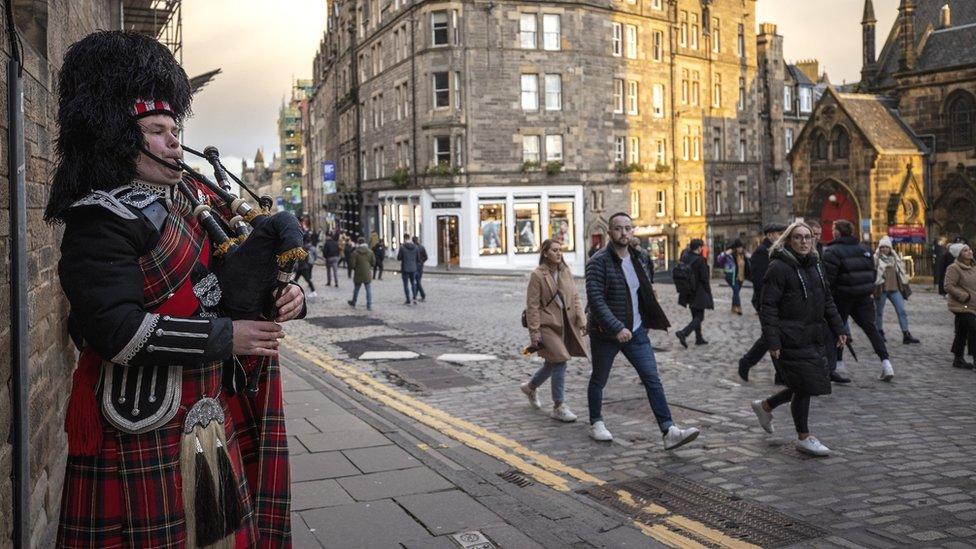
- Published24 February 2022
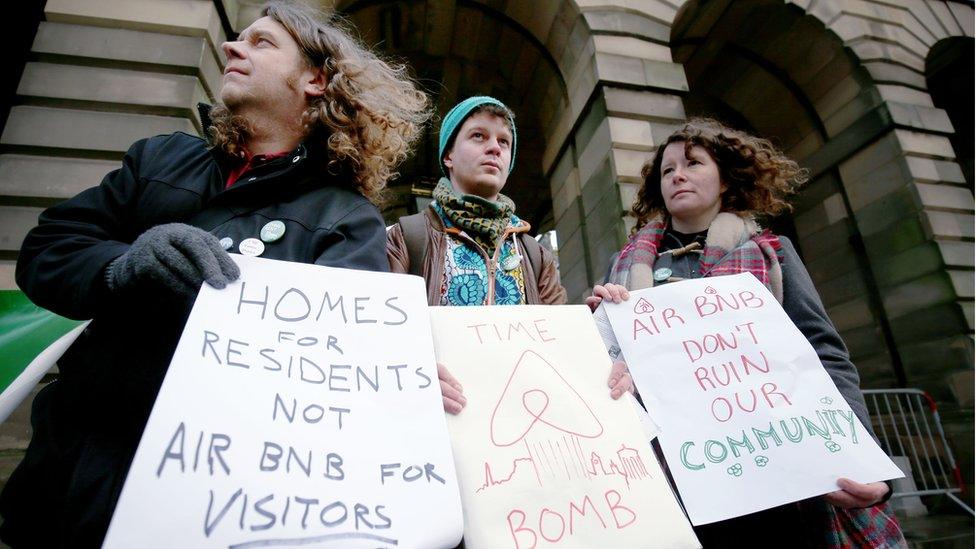
- Published19 January 2022
